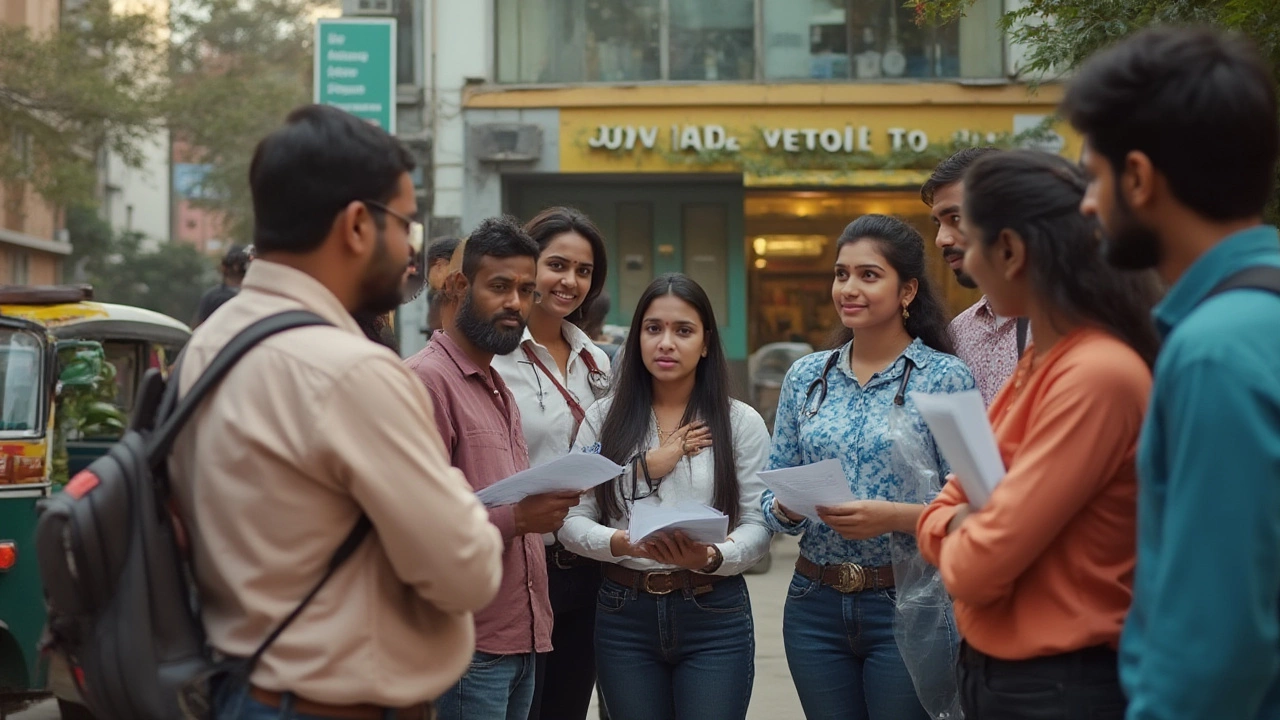Public Sector Employment – How to Get a Government Job and Build a Stable Career
If you’re scrolling through job listings and keep seeing ads for "government jobs" or "PSU vacancies," you’re not alone. Millions of Indians see the public sector as a safe, respected, and well‑paid career path. But the process can feel like a maze of exams, eligibility rules, and paperwork. This guide cuts through the noise and gives you a step‑by‑step plan to land a public sector job that fits your skills.
Why Choose the Public Sector?
First off, why do so many people aim for a government position? The answer is simple: job security, good pension plans, and a clear promotion ladder. Most public sector roles also offer regular working hours, which makes it easier to balance family life. In addition, many agencies provide training programs that keep you updated with the latest technology and policies.
Another big draw is the variety. From banking and railways to defence and health services, there’s a niche for engineers, teachers, accountants, and even creative minds. That means you don’t have to abandon your passion to get a stable job – you can often find a role that matches your degree and interests.
How to Start: Preparing for the Exams
The key gatekeepers are the competitive exams. Most central government posts use the UPSC or SSC formats, while state services have their own tests. Here’s what you need to do:
- Know the syllabus. Download the latest syllabus from the official exam site and list the subjects you’re comfortable with and those you need to brush up on.
- Pick the right books. For general studies, many candidates swear by NCERT textbooks and standard guidebooks like "Lucent" or "Arihant" series. For technical posts, refer to the specific engineering or medical textbooks recommended by previous toppers.
- Make a study schedule. Break the syllabus into weekly targets. A 2‑hour daily slot for current affairs, 3‑hour slots for core subjects, and one mock test every weekend works for most aspirants.
- Practice previous papers. Solving at least three years’ worth of question papers gives you a feel for the exam pattern, time management, and the type of “trick” questions that often appear.
- Join a test series. Online test series provide instant feedback and rank you against other candidates. Use the scores to identify weak areas and revise accordingly.
Don’t forget the interview stage for many posts. Work on communication skills, current events, and mock interviews. Even a short, confident answer can push you to the final selection.
Besides the big exams, keep an eye on direct recruitment notifications from public sector units (PSUs) like Indian Oil, BHEL, or NTPC. These often require only a bachelor’s degree and a short aptitude test, making the process faster.
Finally, stay organized. Create a spreadsheet with application deadlines, required documents, and exam dates. Missing a deadline is a common reason why good candidates lose out.
Ready to start? Pick one exam that matches your qualification, download the latest notification, and set up a 30‑day sprint plan. With the right resources and a clear timeline, you’re much closer to a stable, rewarding public sector career.
- July
15
2025 - 5
Is It Hard to Get a Job in Local Government in India? Practical Insights and Tips
Curious if getting a job in local government is really tough? Get the truth, insider tips, and data about working for local government bodies in India. Find practical guidance for your job hunt.
Read More